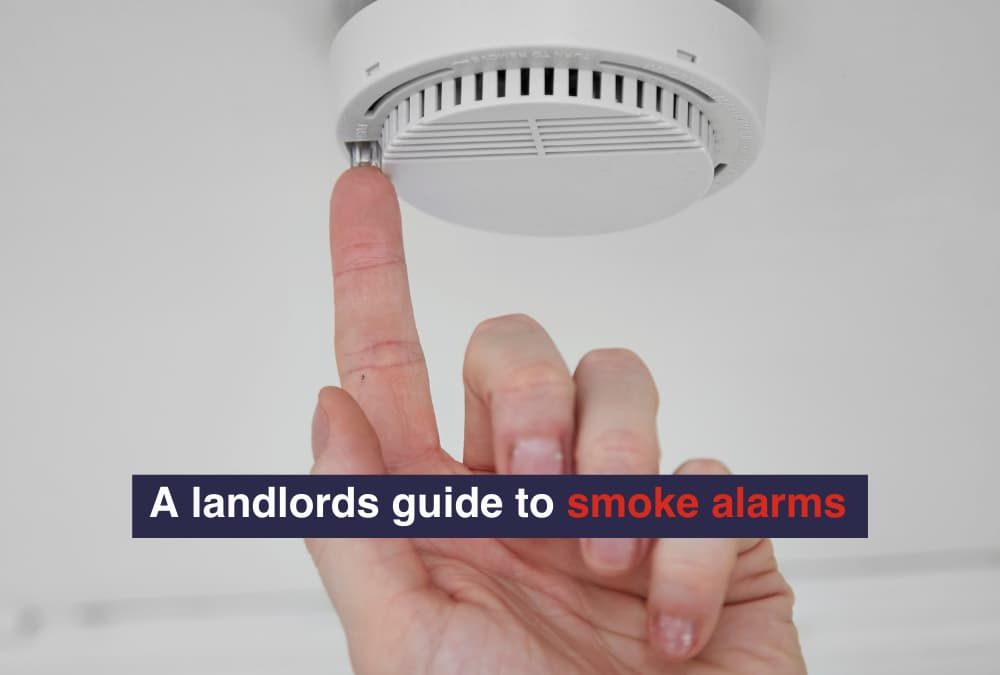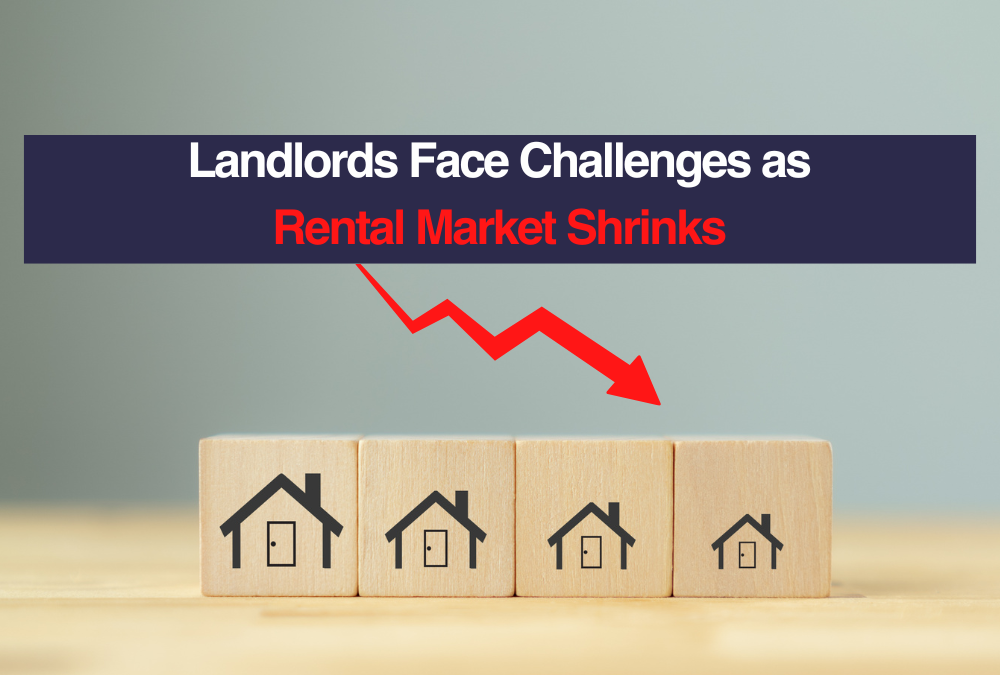The LACORS fire safety guide prescribes the appropriate levels of fire protection for private rented property and should be the first port of call for any landlord or agent unsure of what precautions they need to install.
Also as always, the team at Horizon Lets are happy to give advice on such matters, as landlords ourselves we know protecting your property as well as your tenants, is hugely important. And where we don’t know the answer, we definitely know the right person to ask!
Battery operated smoke alarms are not recommended for rented property, and this is for the simple reason of reliability or rather, the lack of it!
No one would argue that the presence of battery-operated smoke alarms in a property is better than nothing, and indeed many of us have these in our own private family homes. If managed, they can provide adequate protection for private homes, and clearly, they help save many lives annually.
So why are they so inappropriate for rented accommodation?
In an ideal world, battery detectors might be fine in some low-risk properties, but as we all know, we live in a world that is far from an ideal.
Firstly, the failure rate amongst cheap battery detectors is several times higher than mains operated ones. So even a 10-year sealed unit might not reach its sell by date. This is because they are not all manufactured to rigorous standards, as being cheap they tend to contain cheap and unreliable electrical components.
Secondly, the battery itself can fail, be removed by the tenants, or as is most common, the battery can simply run flat, and remain in place between lets. Horizon staff regularly see smoke alarms with batteries either missing or dead.
Thirdly, battery detectors almost always use ionization chamber technology, rather than more expensive optical scatter components found in some mains units, making them extremely sensitive, and often prone to false alarms from cooking vapours. Frequent false alarms means that the alarm can be ignored, or worse, attract vandalism of the unit resulting in no detection at all.
Given that the minimum fire detection requirements under Building Regulations for any new-build home now includes the installation of a mains wired interlinked fire alarm with battery backup, is it really such a great difference to fit such systems in privately rented accommodation where the fire risks are deemed to be much greater?
Typical installation costs for smaller houses are in the region of a few hundred pounds, and usually incorporate no more than three interlinked detectors in the hallways, landing and kitchen.
These costs are of course much higher than for battery detectors, but by staying in compliance with the LACORS Fire Safety Guide, the advantages of installing the correct mains wired fire detection are …
???? Reduces false alarms.
???? Reduces vandalism of fire detection fittings.
???? Reduces damages & costs – in the event of a fire.
???? Peace of mind, having complied with the guidance.
???? Reduces chance of litigation/injury claims by tenants.
???? Higher quality fittings conforming to prescribed British Standards last longer.
???? Interlinked alarms give better noise – siren – coverage.
???? Controls for testing, silencing, and locating the source of the alarm can be incorporated.
???? The mains are generally a reliable power source in the UK, and as the detection is usually wired into the mains lighting circuits of a property, any failure/faults with the lighting circuits are usually alerted to the landlord promptly.
If you need any help deciding which alarms to fit or would like us to provide a contractor for this to be done, please don’t hesitate to contact or lettings team us on either ???? hello@horizonlets.com or ???? 0333 577 2118.
Related Articles
- Horizon Lets Top 10 Tips for Fire Safety
- Buy Your First Buy To Let Property
- Commitment to A Safer Future
- Legislation Update: EICR
- Repairs: A Guide for Landlord & Tenants








